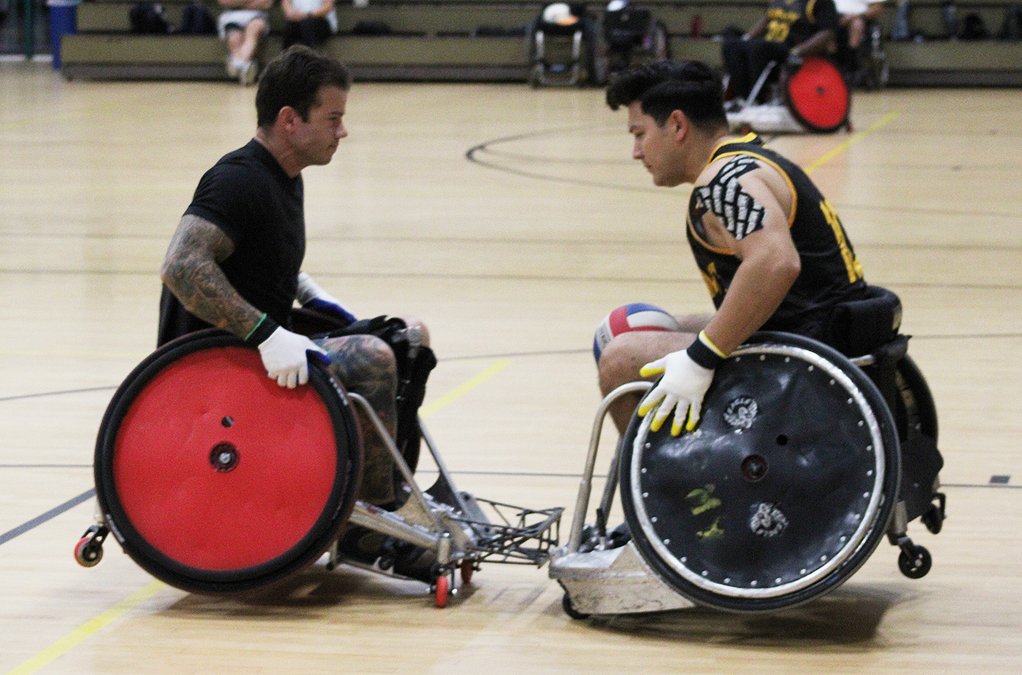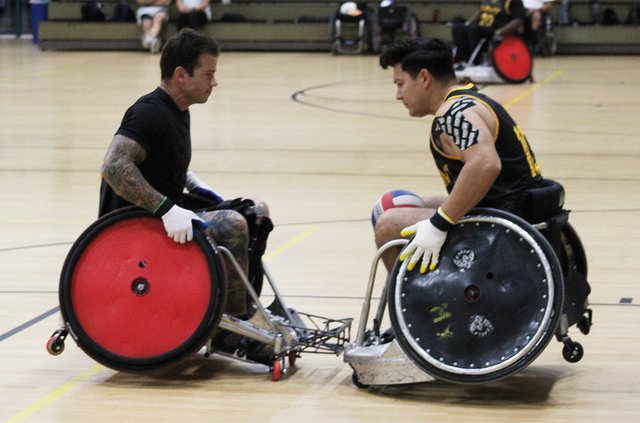In their previous uniforms, they were members of a team, acting as a unit. Today, they still have uniforms, albeit with numbers emblazoned on a jersey, and they still act as a team – with a different goal in mind.
Finding a new team — and a new purpose


Sign up for our e-newsletters